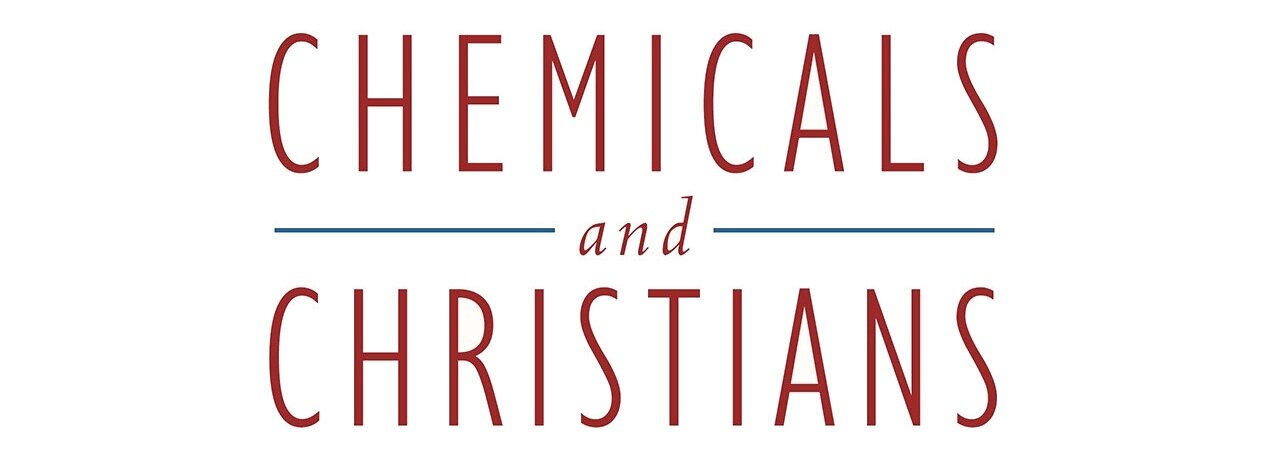Once upon a time there was a land full of razor-sharp blades. They covered surfaces and flew through the air. There were big ones and small ones, sticky ones and ones that could be washed away. They were so much part of life in Bladeland that most inhabitants didn’t give them much thought, or they believed they were good or needed. The citizens assumed that their leaders would protect them from things that would harm them, so surely the blades must be safe.
Most of the inhabitants of Bladeland had an armor of sorts: a thick coating on their skin that protected them from feeling immediate effects when cut. People had different types and thicknesses of this coating, though, and everyone’s coating could get thinner as it was shaved down through encounters with the blades.
There was a group of people in the land who had very little defense from the dangers in the environment. Some of them were born with a thinner protective coating and some had originally had a thicker one, but it had been cut away. Life for thin-coaters was very challenging. They were constantly getting wounded, often very deeply, and with serious consequences. They spent most of their time, energy, and money trying to fashion or re-grow their protection or avoid the blades that threatened them wherever they turned. They studied and went to see experts. They learned about their bodies and the danger of the blades.
Thin-coaters saw the blades’ danger in a way that thick-coaters didn’t. They asked people to please remove them from shared spaces. They warned thick-coaters that they could easily end up with their protection cut down. Because thick-coaters had a different experience with the blades than thin-coaters did, it was hard for them to hear the warnings or believe the experiences that were shared. They sometimes saw thin-coaters as confused or exaggerating. The more that thin-coaters made their needs known or warned of the dangers of the blades, the wider the gulf between them grew.
Thin-coaters found themselves with no good choices. They couldn’t safely access most workplaces, medical facilities, schools, churches, or shops. They couldn’t generally join clubs or visit in people’s homes. They tried to make their own home environments as blade-free as possible, but it was hard to balance the physical need for safety with the emotional need for connection.
Sometimes thin-coaters had no choice but to venture out, or they decided the physical cost was worth the emotional gain. When they left their homes, they chose to go to spots with fewer blades, or more escape routes. Because thick-coaters paid very little attention to the blades, they didn’t see or understand the differences in the environments. It didn’t make sense to them that a thin-coater could go to one office building, shop, or home, but not another. Sometimes they told thin-coaters they were lying, manipulating, crazy, or just avoiding something they didn’t really want to do.
When thin-coaters were around others in blade-rich environments, they had a decision to make. Should they let people know how much they were being affected or should they hide their pain and try to manage as long as they could? Either way, they risked ridicule and disbelief. If they let their symptoms show, asked for accommodations, or took obvious steps to avoid getting cut, they were often accused of being selfish or attention-seeking. If they hid their pain, thick-coaters sometimes came to the conclusion that thin-coaters had been exaggerating all along, and that obviously the blades didn’t hurt them as much as they said they did. Thin-coaters wished others would believe them and trust their knowledge and character, but they didn’t know how to make that happen.
That’s how life was in Bladeland. Everyone was getting hurt by the blades, but some saw the effects more immediately or obviously. People fought each other instead of fighting to make Bladeland safer for all. Thin-coaters were deeply grateful for the thick-coaters who were advocates for them and the cause, but there didn’t seem to be many of them around, and the voices of the others were loud. Progress was slow. Would things ever change? Thin-coaters were tired of the struggle, but what else could they do but keep trying to explain? What else could they do?



